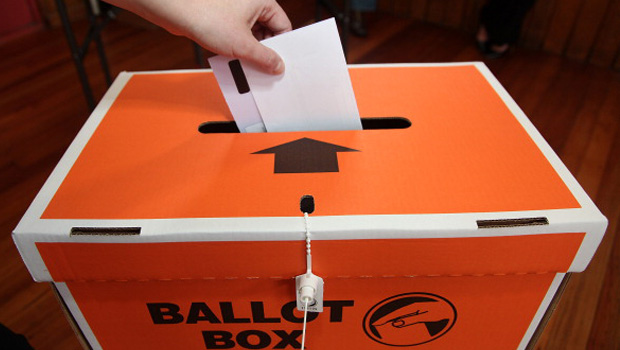Politics
New Electoral Changes Raise Concerns Over Voter Accessibility

Changes to New Zealand’s electoral laws are set to take effect in the lead-up to the general election scheduled for 2024. Voters are being given a full year to ensure their enrollment is accurate and up to date before advanced voting begins. The Electoral Commission has highlighted the importance of this notice, as no further enrollments or changes will be accepted once advanced voting commences.
While a year may seem like adequate time for citizens to familiarize themselves with the new rules, a significant number of voters have historically made last-minute changes. In 2023, for instance, approximately 134,000 individuals altered their physical addresses or electorates during the advanced voting period, and nearly 100,000 new voters registered. This trend raises concerns that the new regulations may inadvertently hinder voter participation.
Concerns About Accessibility
Critics, including Justice Minister Paul Goldsmith, argue that the changes prioritize administrative efficiency over voter accessibility. The Ministry of Justice has warned that the new rules could lead to lower enrollment rates and turnout, as well as an increase in disallowed votes. Goldsmith has stated that these measures are intended to streamline the voting process, allowing for faster results by reducing the number of special votes that require longer processing times.
Goldsmith’s assurances about educational campaigns aimed at informing voters about the new rules have not alleviated concerns. The effectiveness of such campaigns remains to be seen, particularly as many voters may overlook or not fully engage with these messages. The history of voter behavior suggests that not everyone will be adequately informed about the changes.
Balancing Efficiency and Participation
The debate centers on the balance between making voting procedures more efficient and ensuring they remain accessible for all New Zealanders. While Goldsmith emphasizes the need for quicker election results, critics argue that the focus should be on facilitating participation to uphold the democratic right to vote.
The Electoral Commission has highlighted the administrative burden posed by high numbers of special votes and late enrollments. However, many believe that the priority should be making the voting process as inclusive as possible, rather than merely cost-effective.
With the general election approaching, voters are urged to be proactive. As emphasized by the Electoral Commission, the time frame allows for necessary preparations, but last-minute changes could jeopardize an individual’s ability to vote. Voters are encouraged to verify their enrollment details well in advance and avoid moving residence close to the election date.
As the electoral landscape evolves, the implications of these changes will be closely monitored, particularly in terms of voter turnout and engagement. The upcoming election will serve as a critical test of whether these adjustments can achieve their stated goals without disenfranchising voters.
-

 World4 months ago
World4 months agoTest Your Knowledge: Take the Herald’s Afternoon Quiz Today
-

 Sports4 months ago
Sports4 months agoPM Faces Backlash from Fans During Netball Trophy Ceremony
-

 Lifestyle4 months ago
Lifestyle4 months agoDunedin Designers Win Top Award at Hokonui Fashion Event
-

 Entertainment4 months ago
Entertainment4 months agoExperience the Excitement of ‘Chief of War’ in Oʻahu
-

 Sports4 months ago
Sports4 months agoLiam Lawson Launches New Era for Racing Bulls with Strong Start
-

 World5 months ago
World5 months agoCoalition Forms to Preserve Māori Wards in Hawke’s Bay
-

 Health4 months ago
Health4 months agoWalking Faster Offers Major Health Benefits for Older Adults
-

 Lifestyle4 months ago
Lifestyle4 months agoDisney Fan Reveals Dress Code Tips for Park Visitors
-

 Politics4 months ago
Politics4 months agoScots Rally with Humor and Music to Protest Trump’s Visit
-

 Top Stories5 months ago
Top Stories5 months agoUK and India Finalize Trade Deal to Boost Economic Ties
-

 Health2 months ago
Health2 months agoRadio Host Jay-Jay Feeney’s Partner Secures Visa to Stay in NZ
-

 World5 months ago
World5 months agoHuntly Begins Water Pipe Flushing to Resolve Brown Water Issue









